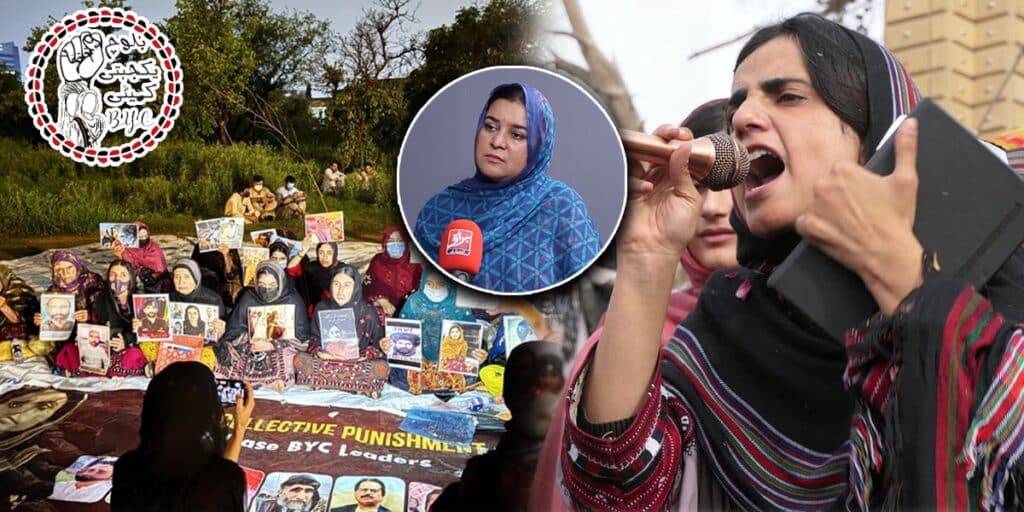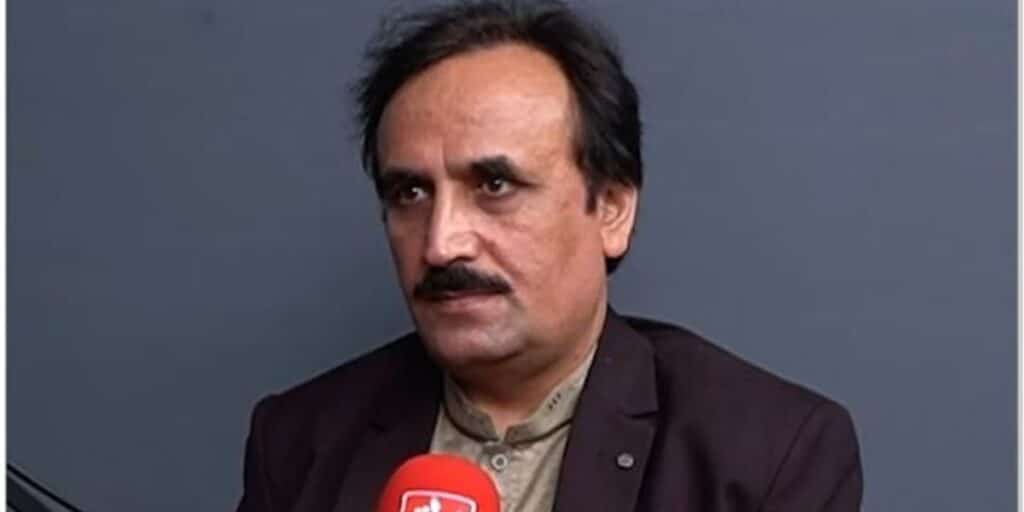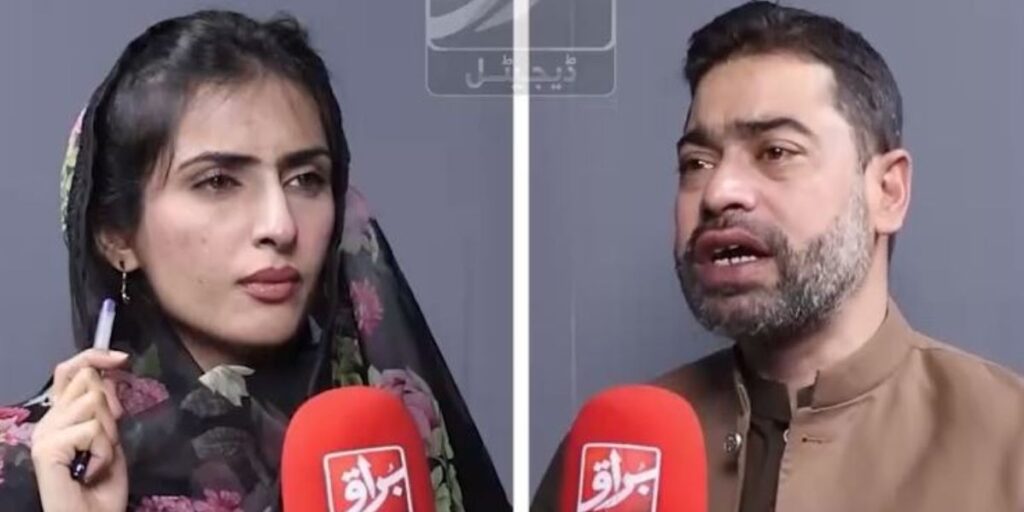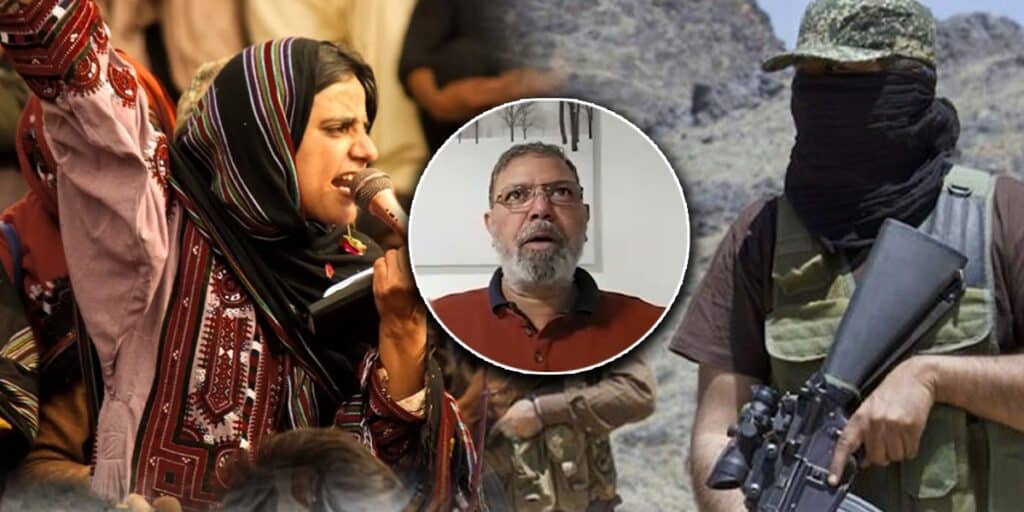By: Salma Khan
In the global discourse on Balochistan, there is a persistent, unsettling trend: the voices of real Baloch women are silenced while the international stage is handed over to actors playing the role of victims. As a Baloch woman and someone who has grown up amidst the dust and conflict of this land, I feel compelled to challenge this narrative head-on.
The West, and especially Western-funded NGOs and media platforms, continue to provide space to individuals who claim to represent Baloch women — women like Imaan Mazari and Karima Baloch — while ignoring those of us who live here, raise our children here, and bury our dead here. The so-called champions of women’s rights never ask the fundamental question: who is arming the killers of Baloch women?
Let’s talk about the brutal murder of Shaheena Shaikh. She was not killed by the state. She was silenced by the same militant proxies that foreign media glamorise as “freedom fighters.” And yet, not one “feminist” voice from their circles condemned her murder. Why? Because her death doesn’t fit their neat propaganda mold. Shaheena questioned the very insurgents that the West funds — she paid the price with her life.
When Indian agents are arrested in Quetta and Karachi, why do these so-called human rights defenders go silent? Why does their sense of justice not extend to the victims of suicide bombings, targeted killings, or children orphaned by insurgents’ bullets? Is it because the perpetrators no longer wear military uniforms, but carry Baloch names and wave separatist flags? Is violence only condemnable when it suits a political agenda?
My challenge is simple: come to Balochistan. Visit the homes ravaged by BLA violence. Talk to the mothers who have lost their sons to bombs planted by so-called “liberators.” Sit with the girls who are being radicalized online by handlers operating out of Europe and Canada. But of course, they won’t. Because acknowledging these truths would dismantle the narrative carefully built by think tanks and activists who draw their salaries from foreign embassies.
There is a dangerous nexus at play — of proxies, propaganda, and paid activism. It is no coincidence that every act of terrorism in Balochistan is quickly followed by a flood of social media posts justifying the attack, complete with hashtags, graphics, and “solidarity statements.” These are not spontaneous expressions of grief. They are premeditated campaigns, often orchestrated from abroad.
The world must stop being selective in its outrage. If a woman like Imaan Mazari, who has never spent a day in Balochistan, can claim to be our voice, then what about us — the women who’ve buried sons, brothers, and husbands killed by the very insurgents she defends? Why is our truth so inconvenient?
To those who glorify militancy in the name of nationalism, I say this: you do not represent us. You do not speak for the daughters of this land. You speak only for your foreign funders.
Also Read: Why the Baloch must reject the politics of gun
Balochistan doesn’t need more human rights dramas staged in European capitals. It needs truth. And the truth is this: the biggest threat to Baloch women today is not the state, but the proxy militias fed by a foreign war machine hiding behind the mask of activism.





